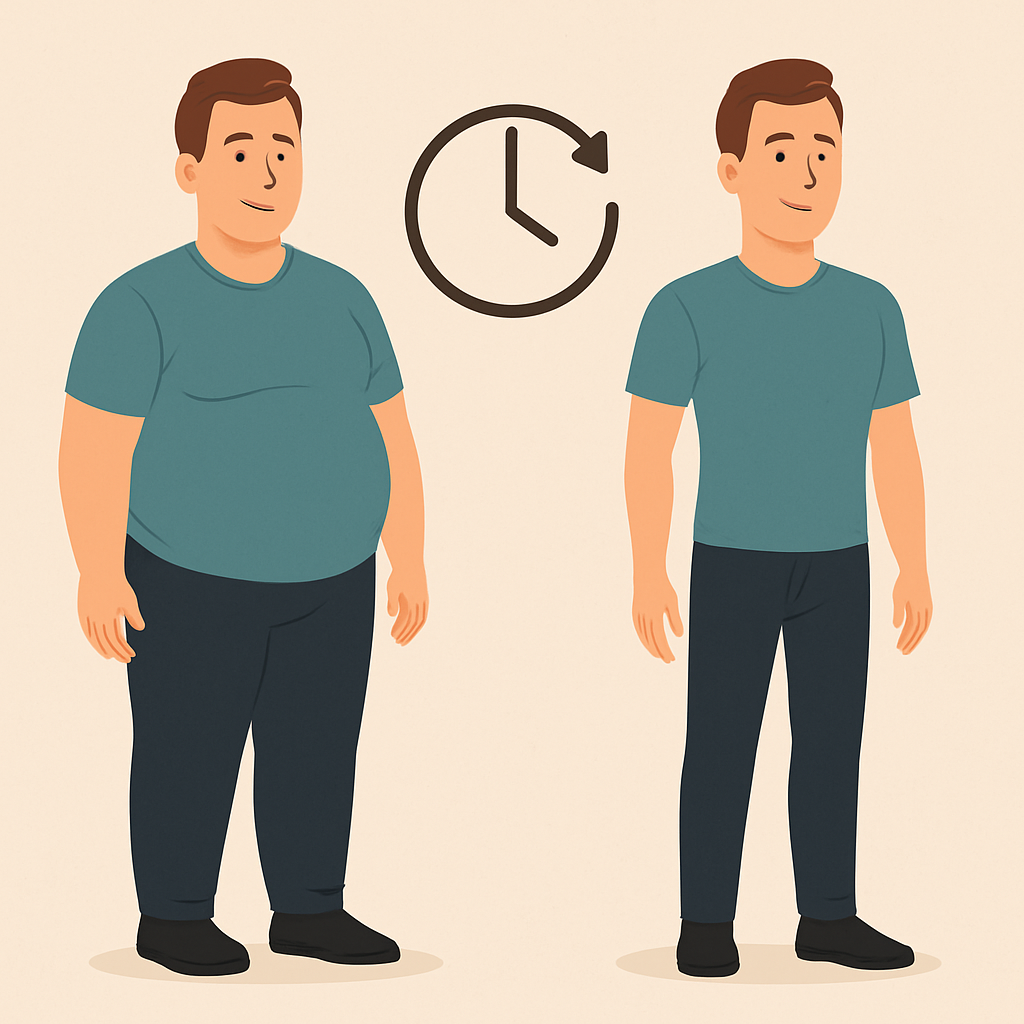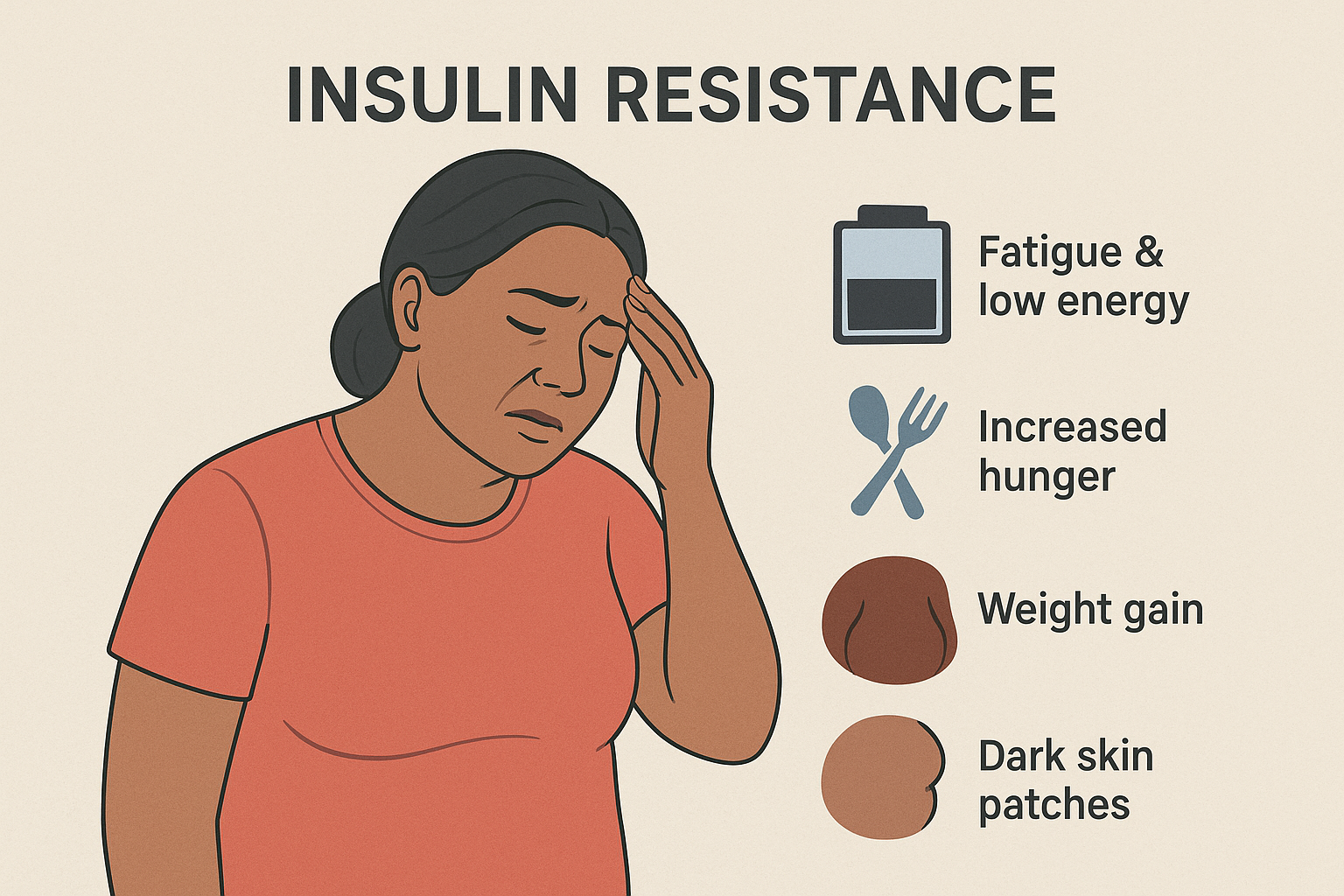In recent years, intermittent fasting (IF) has surged in popularity as a weight loss and wellness strategy. From celebrities to health influencers, many claim it’s the secret to a healthier life. But with its growing fame comes an important question: Is intermittent fasting safe? Let’s explore the science, benefits, and risks to help you decide whether IF is right for you.
What Is Intermittent Fasting?
Intermittent fasting is not a diet, but an eating pattern that cycles between periods of fasting and eating. Common IF methods include:
- 16/8 Method: Fast for 16 hours, eat during an 8-hour window.
- 5:2 Diet: Eat normally for 5 days, consume only 500–600 calories for 2 non-consecutive days.
- Alternate-Day Fasting: Fast every other day.
- Eat-Stop-Eat: 24-hour fast once or twice a week.
Proven Health Benefits of Intermittent Fasting
Intermittent fasting has been linked to various science-backed health benefits:
- Weight Loss and Fat Burning
IF helps reduce calorie intake and improves hormone function, boosting metabolism and supporting fat loss. - Improved Insulin Sensitivity
Fasting lowers blood sugar levels, making it a promising tool for type 2 diabetes prevention. - Heart Health
It may reduce risk factors like blood pressure, triglycerides, and LDL cholesterol. - Cellular Repair and Longevity
Fasting triggers autophagy, a process where the body removes damaged cells, which may slow aging and reduce disease risk. - Reduced Inflammation
Studies suggest that IF can reduce chronic inflammation, which is linked to many diseases.
Is Intermittent Fasting Safe for Everyone?
While many experience benefits, intermittent fasting isn’t suitable for everyone. Consider the following:
✅ Generally Safe For:
- Healthy adults without underlying medical conditions
- People with overweight or obesity (under medical supervision)
- Individuals looking for a structured eating schedule
❌ May Not Be Safe For:
- Pregnant or breastfeeding women
- People with a history of eating disorders
- Children and teens
- Individuals with diabetes or chronic illness (without doctor’s guidance)
Common Side Effects of Intermittent Fasting
Some people experience temporary side effects, especially when starting IF:
- Hunger and cravings
- Headaches
- Low energy or fatigue
- Irritability
- Sleep disturbances
These symptoms usually fade as your body adjusts. Staying hydrated and easing into a fasting routine can help.
Tips to Fast Safely
- Start slowly with a shorter fasting window (e.g., 12/12).
- Stay hydrated – water, black coffee, and herbal teas are your friends.
- Listen to your body – don’t ignore signs of extreme fatigue or dizziness.
- Break your fast with nutritious meals, not junk food.
Final Thoughts: Is Intermittent Fasting Right for You?
Intermittent fasting can be a safe and effective lifestyle change for many people. However, it’s not a one-size-fits-all solution. Before starting any fasting routine, especially if you have health concerns, consult a healthcare professional.




